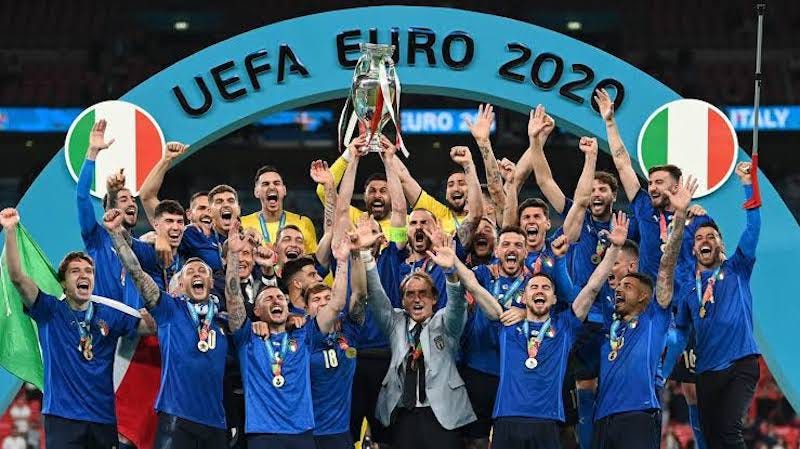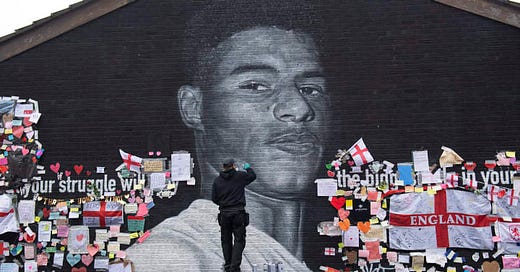Diversity at the Euros
UEFA Euro 2020 showed a glimpse of Europe's bright future--and its ugly past
History Club remains on break while I work on my book manuscript. Stay tuned for an updated schedule.

The 2020 UEFA European Football Championship concluded this past weekend with Italy defeating England in a thrilling penal…



